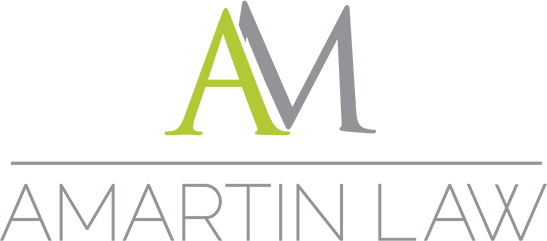Employers often will review or eavesdrop on employee communications, especially if they suspect their employees are engaging in wrongdoing. Employees generally have minimal privacy rights in communications that take place at work or on work-issued computers and cellphones.
Below are five ways employers can legally (and illegally) spy on their employees.
TYPICAL METHODS FOR SPYING ON EMPLOYEES
1. Unauthorized Recordings
Under California law, illegal wiretapping involves the unauthorized recording of someone else in a private situation. The act is a felony and punishable by a $2,500 penalty and up to a year in jail, plus civil damages in the amount of $5,000 or three times the amount of actual damages (CA Penal Code 632 and 637.2).
Illegal wiretapping can easily happen in the workplace. For example, employers can carry a digital recorder into meetings to keep an accurate record of what someone said at the meeting (or, quite possibly, to record what is said when the employer steps out of the room). Employers can later write everything down and chalk it up to a good memory. If the recorder is not seen or found, no one will know that illegal wiretapping occurred.
2. Text Messages on Company Smartphones
Employees often think of text messages as a private, trail-less means of digital messaging. Not so. Folks using company smart phones should never assume that their text messages are private. Most digital messages of any format go through a company server and can be intercepted by the employer at any time and without notice.
The issue of whether it is legal for an employer to intercept digital messages isn’t clear-cut.
- California Penal Code section 632.6, for instance, states that it is a crime to eavesdrop on a cellphone conversation. Because that statute was written for voice communications, it is unclear if the statute extends to text or voice messages intercepted from a cellphone
- In an effort to clarify the issue, the federal Supreme Court held that California employers can look at text messages if they clearly disclose in their written policies that text messages are not private and subject to inspection
- Some courts have held that the text messages are private while others have held that they are not private
To be safe, employees should always assume their digital messages are not private and will be reviewed by their employer.
3. Bathroom Chatter
Most people assume bathrooms are private places. Since bathrooms are relatively small spaces, it is easy for anyone to overhear conversations. It isn’t a crime to overhear a conversation and act upon information learned from that conversation. So it’s generally fair game for employers to use information discussed in public or company bathrooms.
4. Storing Personal Belonging in Company Furniture
Most employers provide a place for employees to lock their personal belongings. Don’t assume this space is private — it’s company property! Although employees may be given a desk or locker key, employers almost always have a master key. No surprise, employers may inspect its furniture and contents inside its furniture when employees aren’t around.
Whether the employees’ personal belongings inside company furniture are private is not definitive. Some courts have held that employees cannot reasonably expect that the contents kept inside company furniture are private when their employer has a written policy that company furniture is fair game for searching. But if an employer searches an employee’s locked desk and has no written policy indicating that company desks are subject to searches, the employee could potentially sue the employer for invasion of privacy because the employee arguably had a reasonable expectation of privacy.
5. Spying Outside the Office
A person in public is fair game for videotaping and recording on camera. That liberty, however, ends when the person goes inside a private place, such as his or her own home. Employers sometimes cross that line when they believe employees are defrauding the company. This typically happens in workers compensation cases when employers believe their employee are faking an injury.
KEY POINT TO REMEMBER
Always assume that all communications via work place email, computer, or phone, or any conversations at work or in public, including in public bathrooms, are not private and that your employer may read or listen to your communications at anytime.

